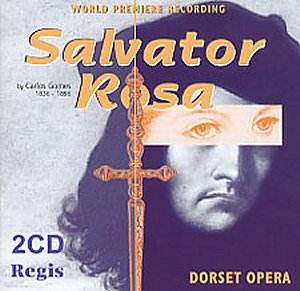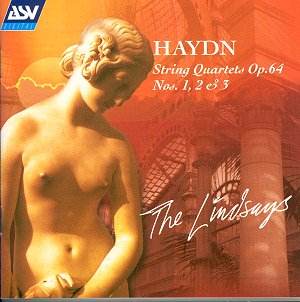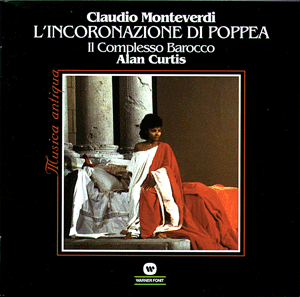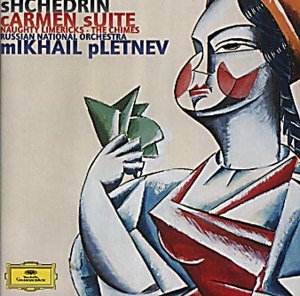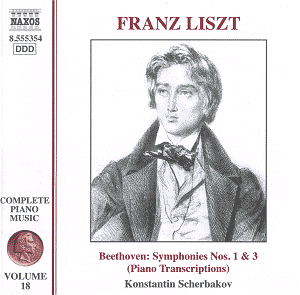 Composer: Franz Liszt
Composer: Franz Liszt
Works: Piano Transcriptions of Beethoven Symphonies: Symphony No. 1 in C major, Symphony No. 3 in E flat major ‘Eroica’
Performers: Konstantin Scherbakov (piano)
Recording: 19-20 September 2000, St Martin’s Church, East Woodhay, Berkshire
Label: NAXOS
Franz Liszt, a titan of the 19th century music scene, remains an essential figure in the exploration and dissemination of the classical repertoire. His transcriptions of Beethoven’s symphonies not only reflect his virtuosity but also his deep reverence for Beethoven’s legacy. This Naxos release, part of the ambitious project to record all of Liszt’s solo piano music, presents his transcriptions of Beethoven’s First and Third Symphonies, the latter famously known as the ‘Eroica.’ These works offer a fascinating glimpse into how Liszt sought to make Beethoven’s orchestral masterpieces accessible to wider audiences at a time when orchestral performances were less prevalent.
Konstantin Scherbakov’s interpretation of these challenging transcriptions is marked by a remarkable balance between technical prowess and musical insight. Liszt’s arrangements are not mere simplifications; they demand a thorough understanding of orchestral texture and a deft touch at the keyboard. The ‘Eroica,’ in particular, poses considerable hurdles, with its expansive structure and thematic complexity. Scherbakov navigates these challenges with a strong structural grasp, showcasing a clear intellectual vision. The first movement’s exposition, with its vigorous thematic interplay, is executed with clarity, allowing the listener to appreciate the intricate dialogue that Liszt so skillfully translates from orchestral to piano. Yet, the interpretation does not shy away from the emotional gravity of the work, as evidenced in the poignant transitions that reflect Beethoven’s own tumultuous spirit.
The recording quality is commendable, capturing the nuances of Scherbakov’s performance in an atmospheric acoustic that, while perhaps not ideal for piano music, offers a certain grandeur fitting for these symphonic transcriptions. There is an undeniable resonance in the sound that serves to heighten the listener’s experience, particularly in the faster movements where Liszt’s intricate counterpoint thrives. However, the slower sections, such as the funeral march of the ‘Eroica,’ present a challenge. Here, the inherent tension in the music can sometimes falter; the slow-moving lines risk losing their dramatic weight when stripped of orchestral depth. This limitation underscores Liszt’s own acknowledgment that while his transcriptions serve a valuable purpose, they cannot fully substitute for the orchestral experience.
Scherbakov’s performance shines in the lively passages of the Symphony No. 1, where the buoyant energy and contrasting dynamics come to life. The playful exchanges between themes are rendered with a deft touch that illuminates Liszt’s interpretative choices. Yet, when juxtaposed with more traditional performances—such as those by Daniel Barenboim or Claudio Abbado conducting the Berlin Philharmonic—one notices a distinct lack of orchestral color and texture that can diminish the overall impact of the ‘Eroica.’ Liszt’s ability to condense Beethoven’s orchestral palette into a piano score is commendable, yet it inevitably leads to a somewhat different listening experience.
The meticulous engineering of this recording allows for a clear capture of Scherbakov’s nuanced playing, though one might argue that the church setting could have been better suited to works of a more intimate nature than these monumental symphonies. Nonetheless, this recording stands as a testament to Liszt’s genius in transcription and Scherbakov’s exceptional skill as a pianist.
This release not only contributes to the Naxos catalog but also offers an engaging exploration of Liszt’s vision of Beethoven. For those with a keen interest in piano music and the evolution of classical interpretation, this recording is an illuminating addition. Scherbakov’s thoughtful and technically adept performance, coupled with Liszt’s imaginative transcriptions, brings forth a rewarding listening experience that celebrates both composers’ legacies.
